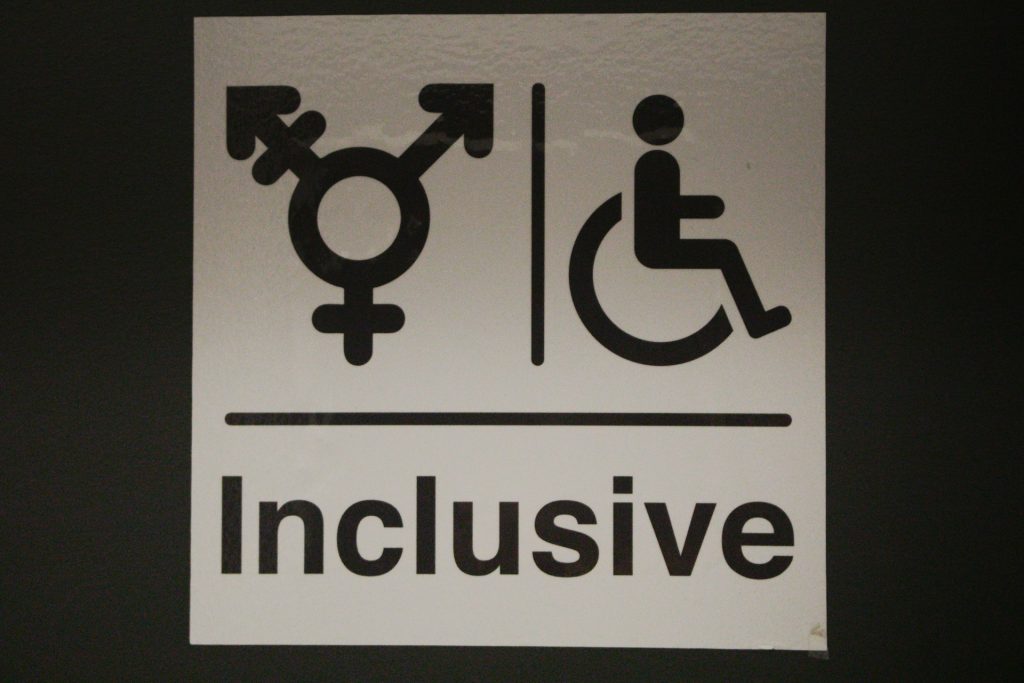
Image Source: 123rf.com
Nostalgia is a powerful force, especially regarding the brands we grew up with. Whether it’s the cereal you ate as a kid or the sneakers you wore in high school, certain products have a way of sticking around—even when their heyday has long passed. But why do some nostalgia brands continue to survive, even when newer, flashier competitors dominate the market? The answer often lies in our emotional attachment and the comfort of familiarity. Understanding which brands are running on nostalgia alone can help consumers make smarter spending decisions and avoid falling for marketing tricks that play on their memories. Let’s look at six nostalgia brands that are still around, not because they’re the best, but because they remind us of a simpler time.
1. RadioShack
RadioShack was once the go-to destination for electronics enthusiasts and DIY tinkerers. Today, it’s a shadow of its former self, with only a handful of stores and a limited online presence. The brand’s survival is almost entirely due to nostalgia. Many people remember wandering the aisles as kids, marveling at the gadgets and parts. Despite multiple bankruptcies and a drastically reduced footprint, RadioShack’s name still evokes a sense of wonder for those who grew up in the 80s and 90s. If you’re tempted to shop there, remember that you can often find better deals and more reliable products elsewhere.
2. Blockbuster
Blockbuster is the poster child for nostalgia brands. Once a titan of home entertainment, Blockbuster failed to adapt to the streaming revolution and now exists as a single store in Bend, Oregon. The brand’s continued presence is less about business success and more about the warm, fuzzy memories of Friday night movie rentals. People flock to the last Blockbuster for the experience, not the selection. If you’re considering a visit, think of it as a fun trip down memory lane rather than a practical way to rent movies. The story of Blockbuster’s rise and fall is a cautionary tale for any business that ignores changing technology.
3. Sears
Sears was once America’s retail giant, famous for its massive catalogs and everything-under-one-roof stores. Today, Sears is a nostalgia brand clinging to life, with only a handful of locations left. Many shoppers remember going to Sears with their parents or grandparents, especially during the holidays. However, the company’s inability to innovate and compete with online retailers has left it struggling. If you’re still shopping at Sears, it’s likely out of habit or sentimentality rather than value.
4. Kodak
Kodak is synonymous with photography, but its glory days are long gone. The brand failed to keep up with the digital revolution, and now its main appeal is to those who remember the thrill of dropping off film rolls and waiting for prints. While Kodak has tried to reinvent itself with digital products and even cryptocurrency ventures, its core business is nostalgia. If you’re drawn to Kodak, consider whether you’re buying for quality or simply reliving the past. Sometimes, embracing new technology can save you money and hassle in the long run.
5. Oldsmobile
Oldsmobile, once a staple of American roads, was discontinued in 2004. Yet, the brand still has a devoted following, with car shows and online forums dedicated to keeping its memory alive. For many, Oldsmobile represents a golden era of American automotive design and reliability. While you can’t buy a new Oldsmobile, the brand’s legacy lives on through collectors and enthusiasts. If you’re thinking about investing in a classic car, make sure you’re doing it for the right reasons—nostalgia is great, but maintenance costs can add up quickly.
6. Hostess Twinkies
Hostess Twinkies are the ultimate nostalgia snack. When Hostess declared bankruptcy in 2012, fans rushed to buy up the last boxes, fearing the end of an era. The brand was eventually revived, but Twinkies’ appeal is rooted in childhood memories rather than nutritional value or taste. If you’re reaching for a Twinkie, ask yourself if it’s the best treat for your wallet and health. Sometimes, nostalgia brands are best enjoyed in moderation.
Why Nostalgia Brands Matter for Your Wallet
Nostalgia brands have a unique power to influence our spending habits. They tap into our emotions, making us feel safe, happy, and connected to our past. But as fun as it is to revisit old favorites, it’s important to recognize when you’re paying for memories rather than value. Before buying from a nostalgia brand, ask yourself if the product meets your needs or if you’re just chasing a feeling. Being aware of this can help you make smarter financial decisions and avoid unnecessary purchases. Remember, nostalgia brands aren’t inherently bad—but your money is best spent on things that add real value to your life.
What about you? Which nostalgia brands do you still support, and why? Share your stories in the comments below!
Read More
10 Smart Reasons Most Baby Boomers Are Aging in Place
13 Beautiful Retro Design Trends You Need to Revisit

Travis Campbell is a digital marketer/developer with over 10 years of experience and a writer for over 6 years. He holds a degree in E-commerce and likes to share life advice he’s learned over the years. Travis loves spending time on the golf course or at the gym when he’s not working.
